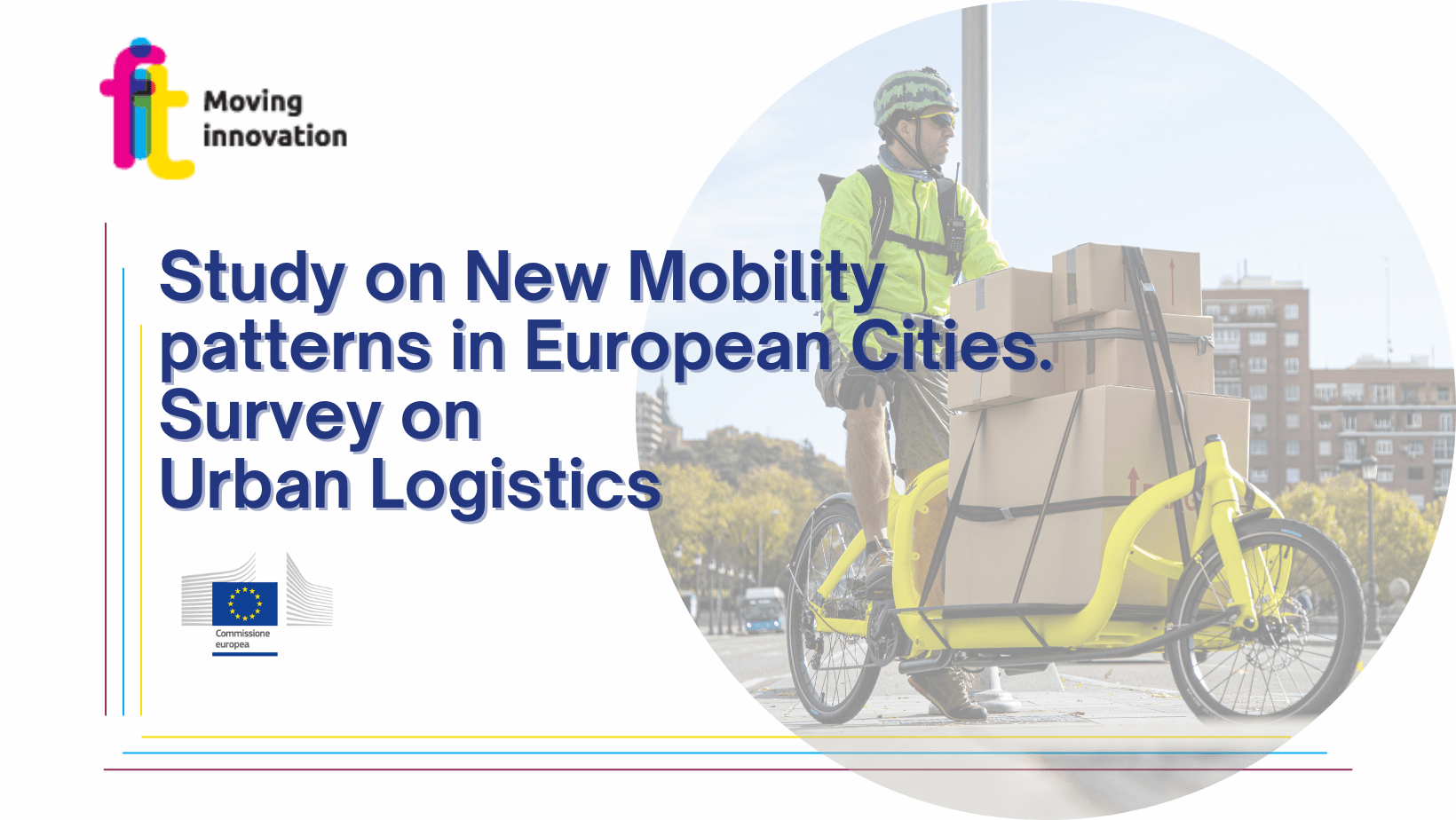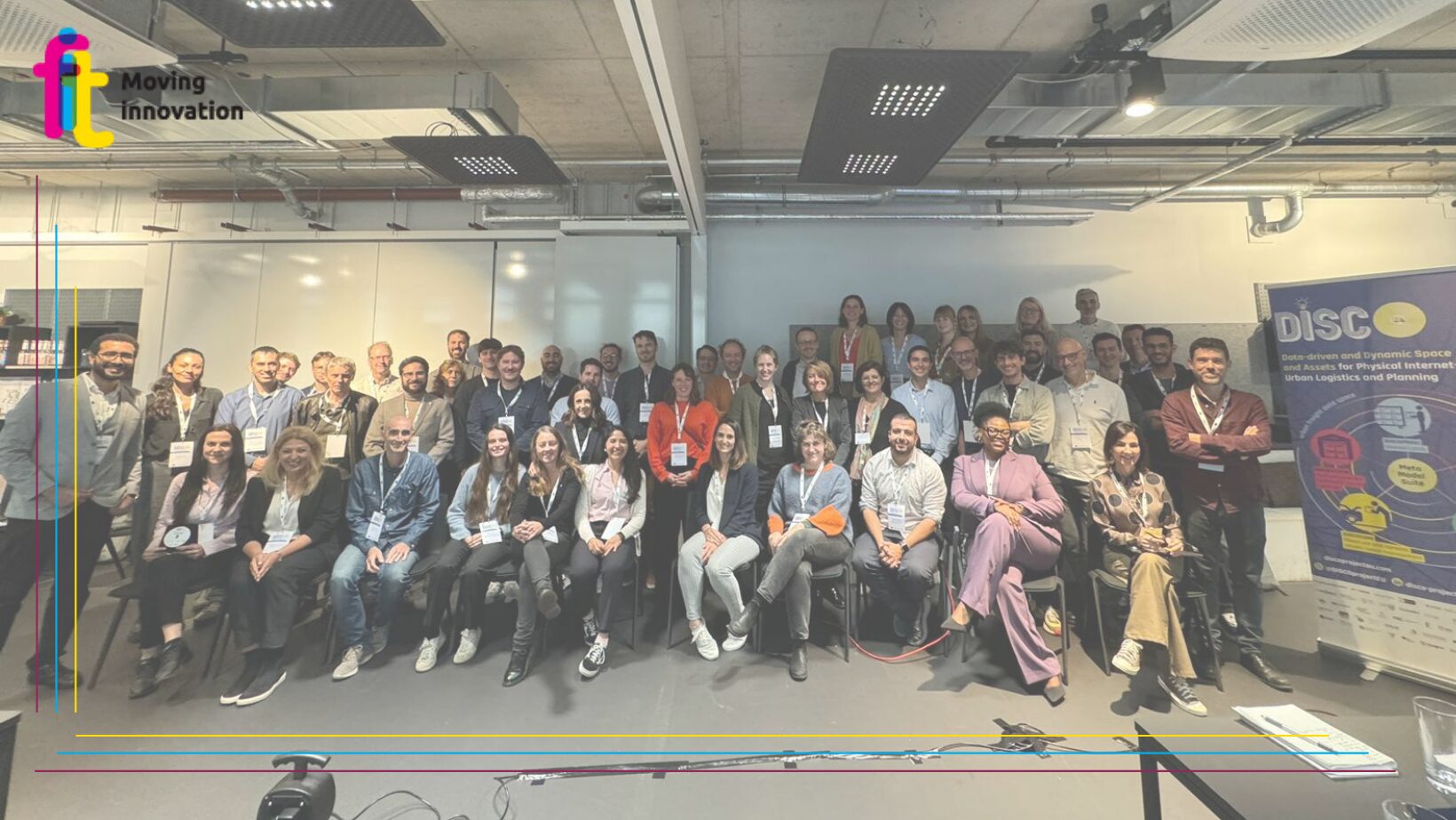The European Commission published the results of a broad study on the development of the urban logistics sector. The study was coordinated by FIT Consulting which oversaw the methodological approach, carried out an in-depth analysis of the results and drafted the publication. The work focused on urban logistics, one of the most complex and least efficient segments of freight transport, responsible for a significant share of traffic congestion and emissions in EU cities.
Despite the growing interest raised by urban logistics in the public debate, the related knowledge in European cities is fragmented and data is not harmonised due to lack of systematic methodological approaches, along with the reluctance of targeted operators to share information in a highly competitive and remunerative market.
Goals
For this reason, the European Commission launched a survey targeted on urban logistics to collect data and make available indicators related to economic, environmental, and usage aspects and to put the basis for a better understanding of market and actors while promoting standardised frameworks for further in-depth surveys at city level.
The study describes the results of the survey conducted in a sample of 1600 logistics companies in 21 greater cities of the European Union of 12 Member States plus the UK, focused on logistics operators providing delivery services, aimed at understanding trends and patterns of this logistics segment by means of specific indicators related to urban logistics. The data collected through this study can serve as baseline for future data collection and analysis.
Key findings
The targeted survey on urban logistics found that companies offering urban deliveries are more likely to own light goods vehicles (57%) than heavy goods vehicles (27%), with the remaining 16% owning both types of vehicle.
Diesel-powered vehicles are popular across Europe, with the exception of a few cities. In Barcelona, 8% of light goods vehicles are hybrid diesel vehicles, while 53% are fully electric in Stockholm. This shows how local policies have enabled a shift to cleaner vehicles. Electric vehicles are mostly used for last-mile deliveries and smaller freight volumes, and deliveries by bike or powered two-wheelers have a very limited market share. According to the survey, companies planning to lower their emissions in logistics rely mainly on using collaborative transport and logistic centres, purchasing newer or alternative fuel vehicles or performing night-time deliveries.
Impacts on the future of urban logistics
The work, unique of its kind, fills a gap in the collection, systematization and analysis of data in a sector that is fundamental for the economic development of the European Union countries and will be used as a model by Eurostat for future surveys on urban logistics.
The publication New Mobility Patterns Study – Targeted Survey on Urban Logistics, available at the following link, is an extraordinary achievement for FIT Consulting which consolidates its leading role in the European field of freight transport and logistics.








